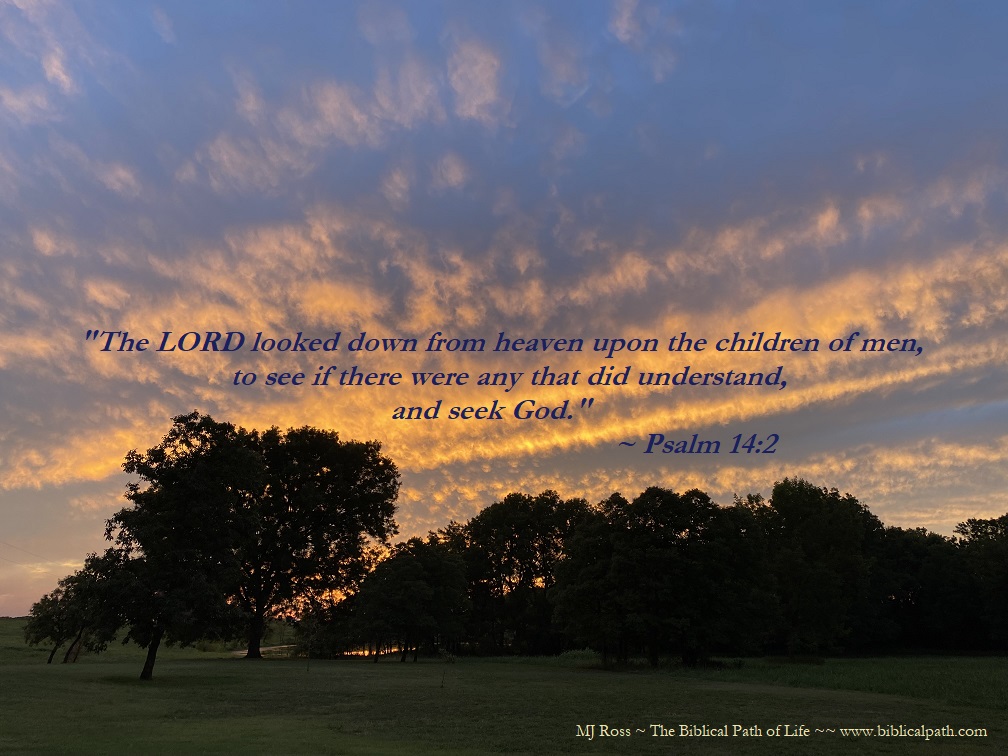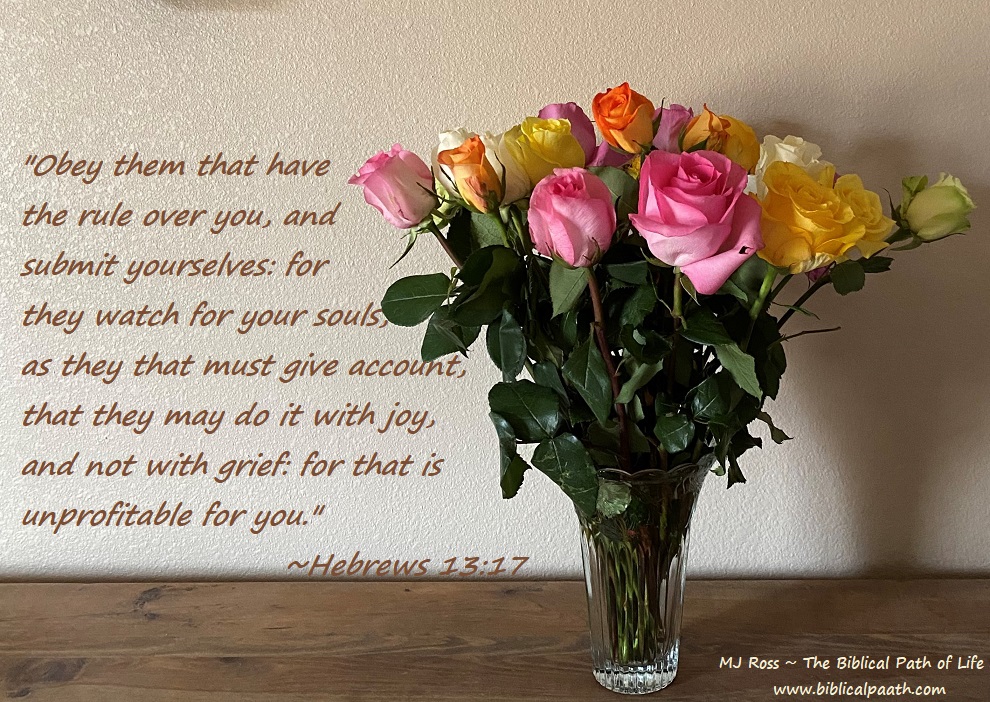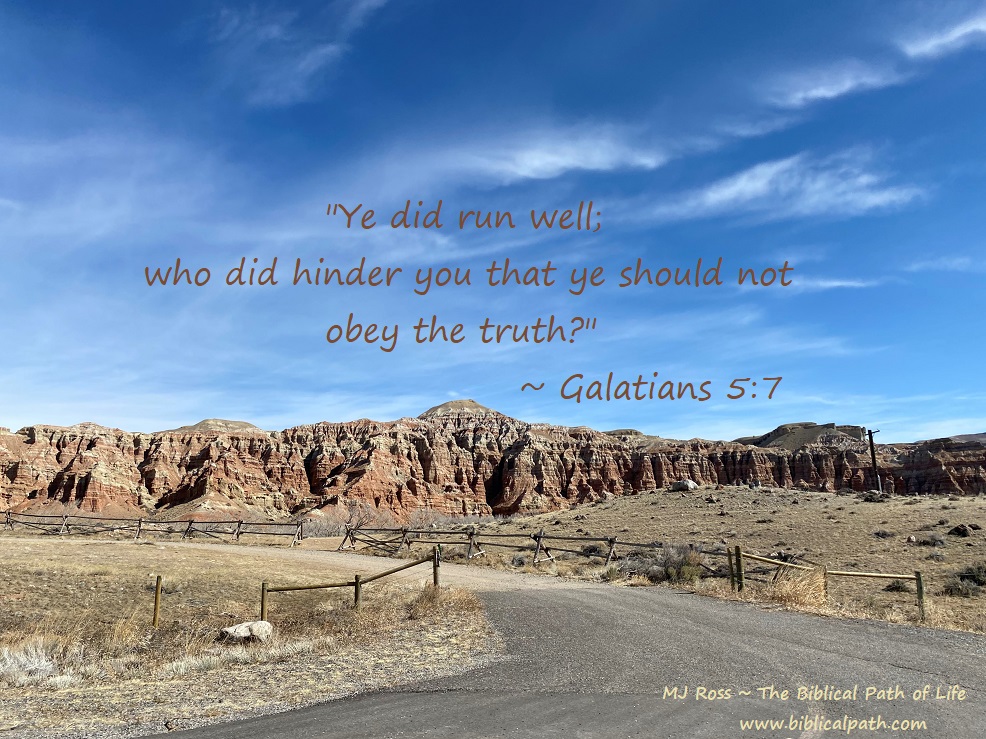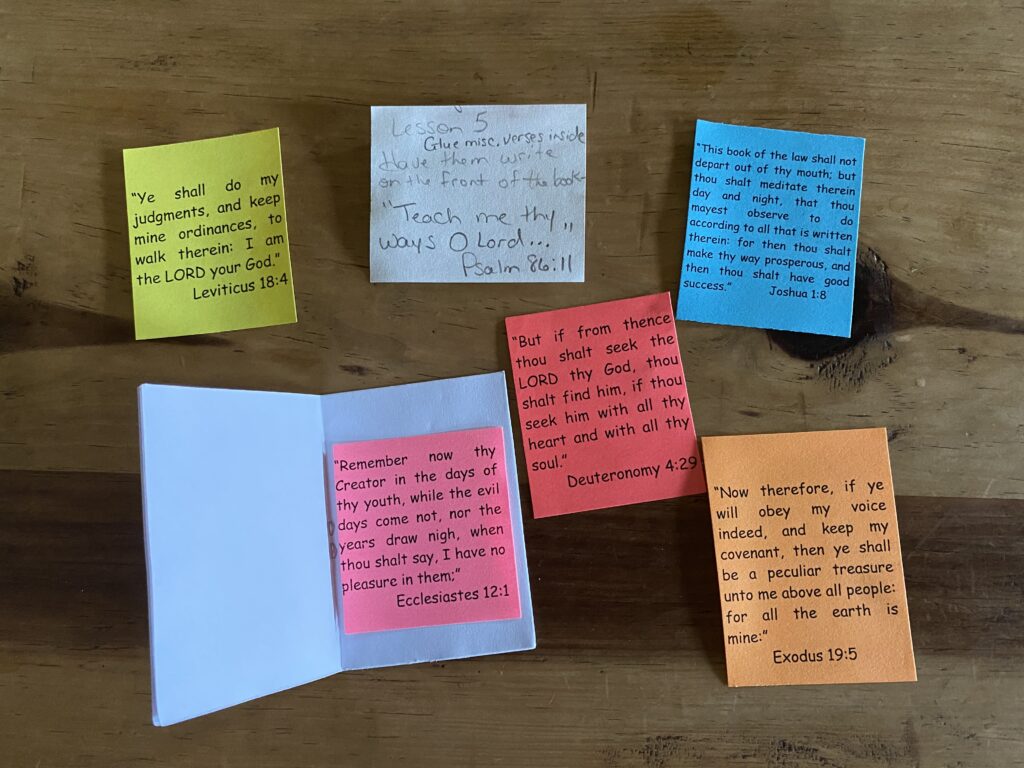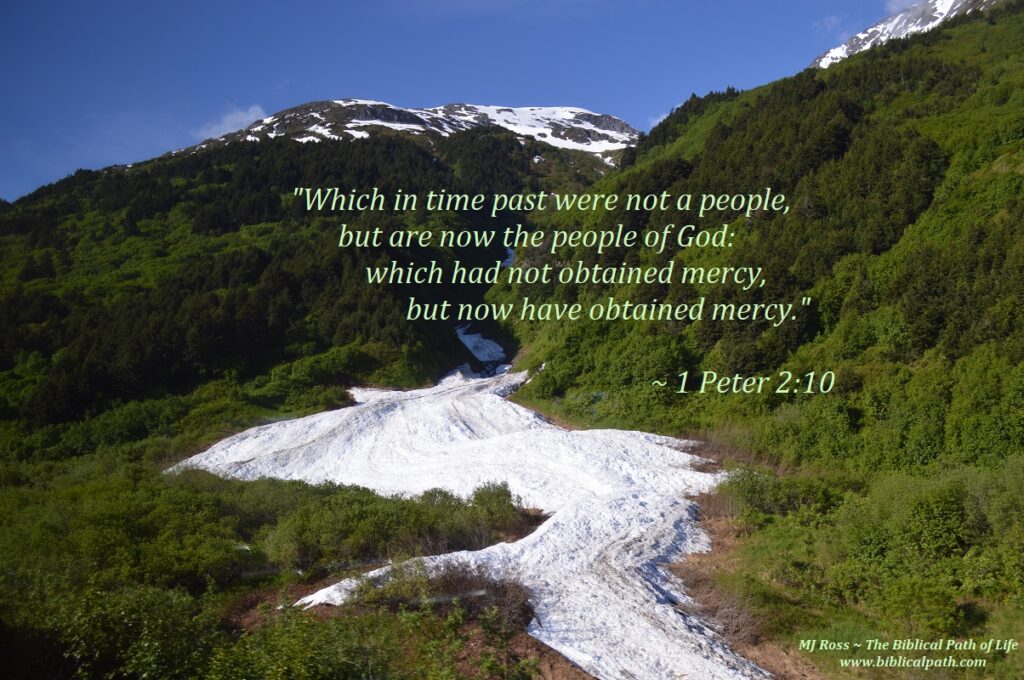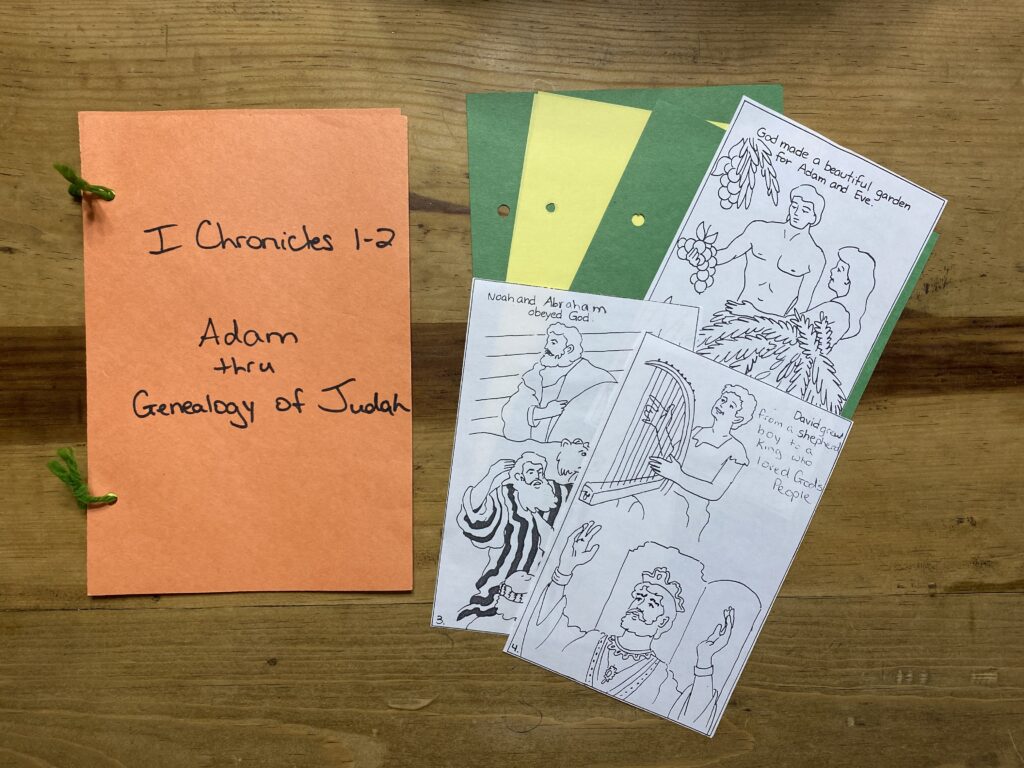
“For thou, Lord, art good, and ready to forgive; and plenteous in mercy unto all them that call upon thee.”
Psalm 86:5
King Josiah was a good king. He chose to do what was right. We can read that he was even compared back to King David, and that Josiah “turned not aside to the right hand or to the left” (see 2 Kings 22:2). Turned not aside means “being faithful to God; to veer neither to the right nor to the left.” But see what other information we are given in Second Chronicles. “For in the eighth year of his reign, while he was yet young, he began to seek after the God of David his father …”(2 Chronicles 34:3). It is because he sought God while he was yet young that set the course for his life.
The nation of Judah had just endured two of their worst kings: Manasseh and Amon. Because of the sins of King Manasseh, God declared the people would be judged, allowing only a remnant to be saved (see 2 Kings 21:9-16). However, because King Josiah sought God and led the people to seek after God, the judgment was delayed for a time.
What was it about Josiah that spared him and caused God to delay his judgment?
Josiah became king when he was only eight years old, and in the eighth year of that reign he began to seek after God. In the twelfth year of his reign, he began to purge Judah and Jerusalem (and even into Israel in the north) from the idol worship by destroying the idols and their places of worship (see 2 Chronicles 34:3-7). In the eighteenth year of his reign, he sent men to repair the house of the Lord (the Temple). While they were repairing the Temple, the priest “found a book of the law of the LORD given by Moses” (2 Chronicles 34:14b). When this book was read to the king, he rent his clothes. Read why he did this: “for great is the wrath of the LORD that is poured out upon us, because our fathers have not kept the word of the LORD, to do after all that is written in this book” (2 Chronicles 34:21b). Although it was in King Josiah’s heart to seek after God, making many great reformations and even repairing the Temple, when Josiah heard what was written in God’s Word, he recognized they deserved God’s wrath. He wanted to hear from God. God revealed that Jerusalem and Judah would be destroyed for her great sin before God, but God had a special word for King Josiah because he inquired of the Lord. “27. Because thine heart was tender, and thou didst humble thyself before God, when thou heardest his words against this place, and against the inhabitants thereof, and humbledst thyself before me, and didst rend thy clothes, and weep before me; I have even heard thee also, saith the LORD. 28. Behold, I will gather thee to thy fathers, and thou shalt be gathered to thy grave in peace, neither shall thine eyes see all the evil that I will bring upon this place, and upon the inhabitants of the same. So they brought the king word again” (2 Chronicles 34:27-28). God spared King Josiah from the judgment to come because Josiah humbled his heart before God.
Did you notice that the king was not spared because of all of the great deeds and reformations that he made trying to please God? The king was in the process of bringing the people back to the worship of God after eliminating the idol worship. However, when the king heard God’s Words from the Law of Moses (the first five books in the Bible), then he recognized the sin against God. Immediately, King Josiah repented: “humbledst thyself before me, and didst rend thy clothes, and weep before me; I have even heard thee also, saith the LORD.” It was then that God heard and spared Josiah.
Understanding the importance of hearing God’s Word, King Josiah called together all of the people, great and small, and read to them God’s Word. “And the king stood in his place, and made a covenant before the LORD, to walk after the LORD, and to keep his commandments, and his testimonies, and his statutes, with all his heart, and with all his soul, to perform the words of the covenant which are written in this book” (2 Chronicles 34:31). Josiah’s heart was changed. He walked after the Lord.
Recognition of sin came to King Josiah when he heard God’s Word read, and he then displayed true repentance. Josiah then recognized what he must do. He had to seek God: “For thou, Lord, art good, and ready to forgive; and plenteous in mercy unto all them that call upon thee” (Psalm 86:5). It was then he understood God’s forgiveness and mercy.
Jesus taught the importance of God’s Word: “Verily, verily, I say unto you, He that heareth my word, and believeth on him that sent me, hath everlasting life, and shall not come into condemnation; but is passed from death unto life” (John 5:24). Without hearing the Word of God, no one would know to believe upon Jesus to have everlasting life or how to then please God in this world. Read what else Jesus declared. “Search the scriptures; for in them ye think ye have eternal life: and they are they which testify of me” (John 5:39). The Bible is all about Jesus.
Read your Bible.
Then you will be able to tell others what the Bible has to say.
Have you committed to reading the Bible every day, recognizing the importance of God’s Word?

